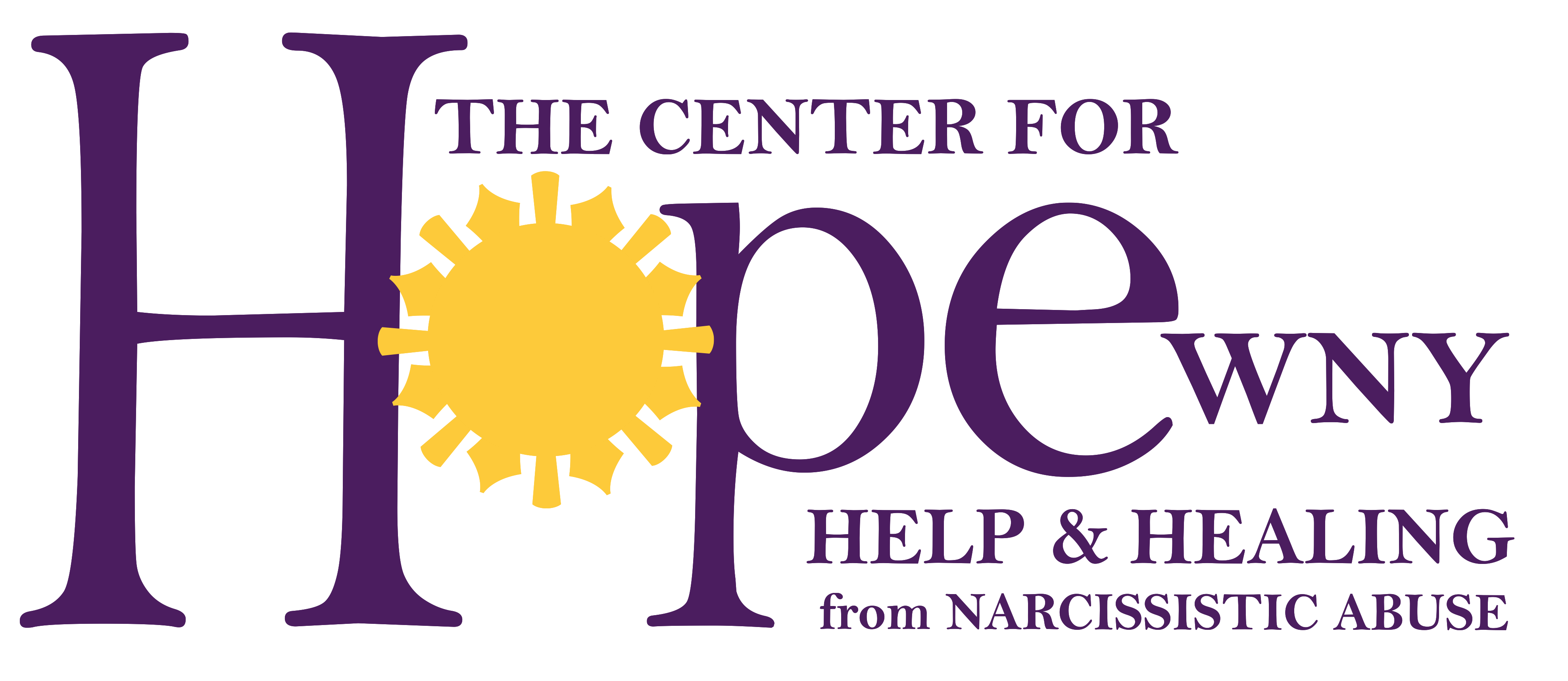Mental Health Support
When making the decision to leave an abusive relationship, it is so important that you have the emotional and psychological support of an experienced counselor. At the Center for Hope, we have mental health counselors who are skilled and experienced in the area of narcissistic abuseNarcissistic Abuse is a form of emotional abuse projected by a narcissist on to another individual, Although narcissistic abuse More and domestic violence.
Often people are not even aware that they are in a relationship with an abuser. Here are some ways to begin to understand the coercive ways that narcissistic abusers manipulate and control.
Do you always feel like you are walking on eggshells, afraid to upset your partner?
Do you feel as if your partner is lying to you, or have you caught him or her in multiple lies only to be told that you are the crazy one, that you are too sensitive or that you are being dramatic?
Is your partner emotionally hot and cold? Have you been given the silent treatmentSilent Treatment The silent treatment is a form of emotional abuse typically employed by people with narcissistic tendencies. It More in response to trying to have a conversation or hold him or her accountable for their actions?
When trying to hold your partner accountable do they immediately bring up things you have done in the past to try and “shift the blame”?
Does your partner try to control your actions, limit or prevent you from engaging in activities or friendships that don’t include him or her, or control your ability to use or spend money?
Do you feel as if your partner is “always the victim” no matter how hard you try to get him or her to see things from your point of view?
Are you afraid of displeasing or disagreeing with your partner, even if he or she has never hit you or physically threatened you? Does your partner explode in inexplicable rages at the smallest slight?
If you answered “yes” to most or all of the above questions, you may be in a relationship with a narcissist or other disordered person. You may have been a victim of severe emotional manipulationEmotional Manipulation is an emotionally unhealthy psychological strategy used by people who are incapable of asking for what More, blame shiftingBlame shifting is an emotionally abusive behavior or tactic. Abusers have difficulty taking responsibility for problems. More, gaslightingGaslighting is a form of psychological manipulation in which a person covertly sows seeds of doubt in a More, pathological lyingPathological Lying Narcissists view other people as objects and feel completely justified in exploiting them. Lying More and other emotionally manipulative and abusive techniques that narcissists use to maintain control over their victims in relationships. You may even be second guessing your own reality, decisions and motives because you have been broken down by narcissistic abuseNarcissistic Abuse is a form of emotional abuse projected by a narcissist on to another individual, Although narcissistic abuse More.
At the Center for Hope we understand how this kind of psychological and emotional abuseEmotional Abuse is an attempt to control, in just the same way that physical abuse is More can devastate a person. You may have even been a victim of physical or sexual violence in addition to the verbal and emotional abuseEmotional Abuse is an attempt to control, in just the same way that physical abuse is More you have suffered.
Please don’t lose hope. Our experienced clinicians are here to help you through the FOG (fear, obligation and guilt) that all victims experience when trying to leave an abusive relationship. We offer individual and group counseling that centers around education regarding the narcissistic abuser, so you may begin to understand what you have experienced, and cognitive behavioral counseling and EMDR that focuses on healing your own trauma and co-dependencyCo-Dependency is an emotional and behavioral condition that affects an individual’s ability to have a healthy, More issues to help you move forward in your own journey. You may be experiencing complex PTSD or other mental health issues such as anxiety or depression. Our goal at the Center for Hope is to work with each client with support and compassion. We offer virtual sessions over zoom or skype as social distancing continues to be of great importance to all our health and safety.




